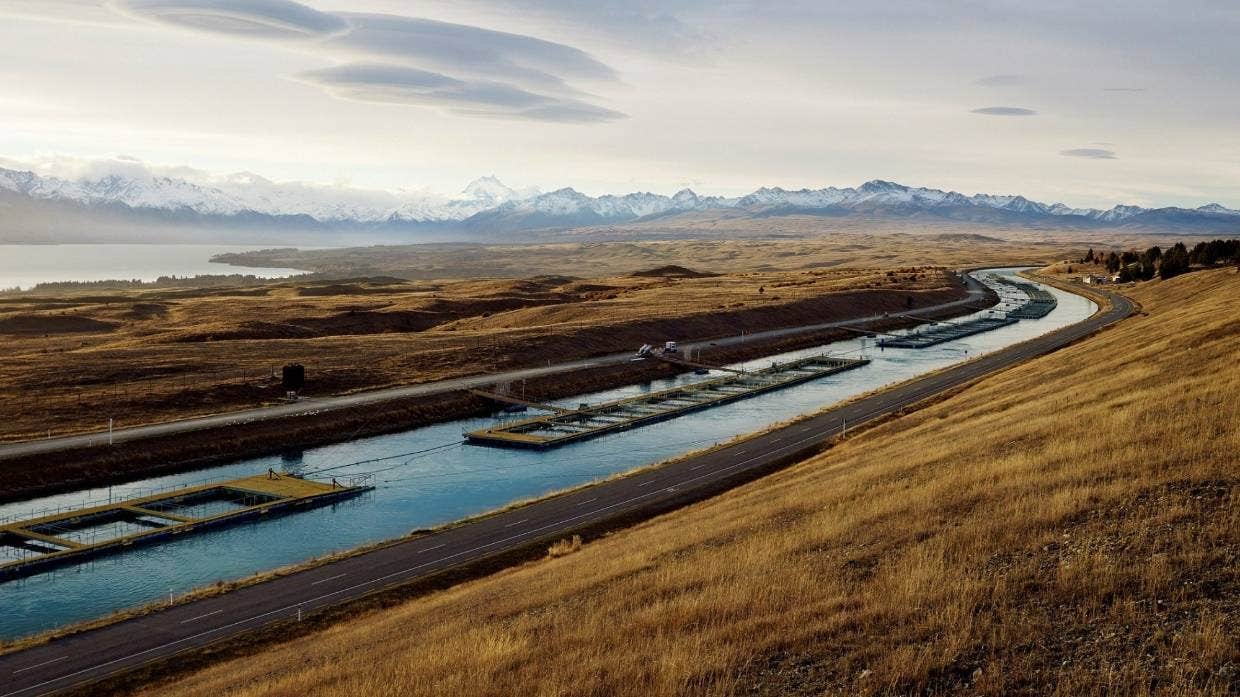Study Reveals Lower Carbon Footprint of New Zealand-Farmed King Salmon
According to a recent study commissioned by Fisheries New Zealand, Aquaculture New Zealand, and the New Zealand Salmon Farmers Association, domestically sold New Zealand-farmed king salmon has a significantly lower carbon footprint when compared to beef, lamb, and cheese.
Assessing the Environmental Impact of New Zealand-Farmed King Salmon
The life cycle assessment study conducted on New Zealand-farmed king salmon examined various stages, including production, packaging, transportation, cooking, and disposal, to measure its environmental impact.
Comparable Carbon Footprint with Other Farmed Proteins
The study’s findings revealed that farmed king salmon shares a similar carbon footprint with other farmed proteins such as eggs, poultry, and oysters.
Feed and Transport Challenges
Feed production emerged as a major contributor to the salmon industry’s carbon footprint, highlighting the need to identify lower-impact feeds and improve feeding systems.
Transportation Impact on Carbon Footprint
Transporting salmon to export markets adds to its carbon footprint, with air freight being a common method due to the product’s high value and short shelf life.
Exploring Sustainable Packaging and Transportation Solutions
The industry is investigating modified atmosphere packaging and alternative methods of transporting salmon by land or sea freight to reduce its carbon footprint.
The Significance of Local Farms in King Salmon Production
New Zealand’s local farms are responsible for producing 75% of the world’s farmed king salmon, emphasizing the country’s role in the global market.
Collaboration and Industry Transparency
The study involved close collaboration with key stakeholders in the salmon industry, providing transparency and enabling farmers to target areas for improvement.
Future Strategies for Enhanced Sustainability
The study’s insights are driving the industry to explore strategies aimed at reducing energy consumption, greenhouse gas emissions, and adopting low-carbon solutions throughout the value chain.
Commitment to Lowering Carbon Footprint
The New Zealand salmon industry continues to work closely with feed producers to develop solutions that minimize the carbon footprint associated with salmon farming.



